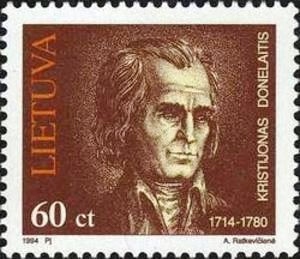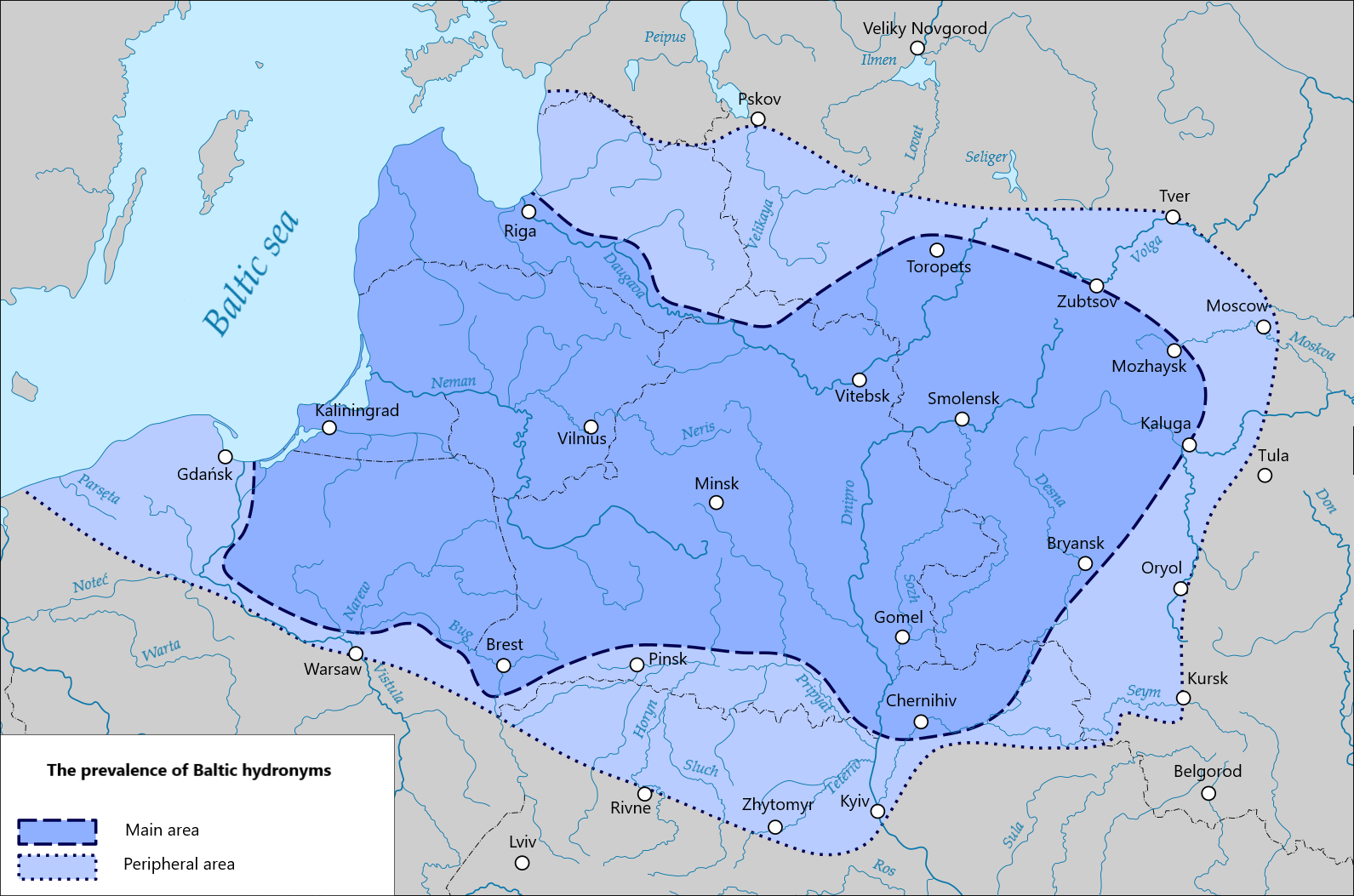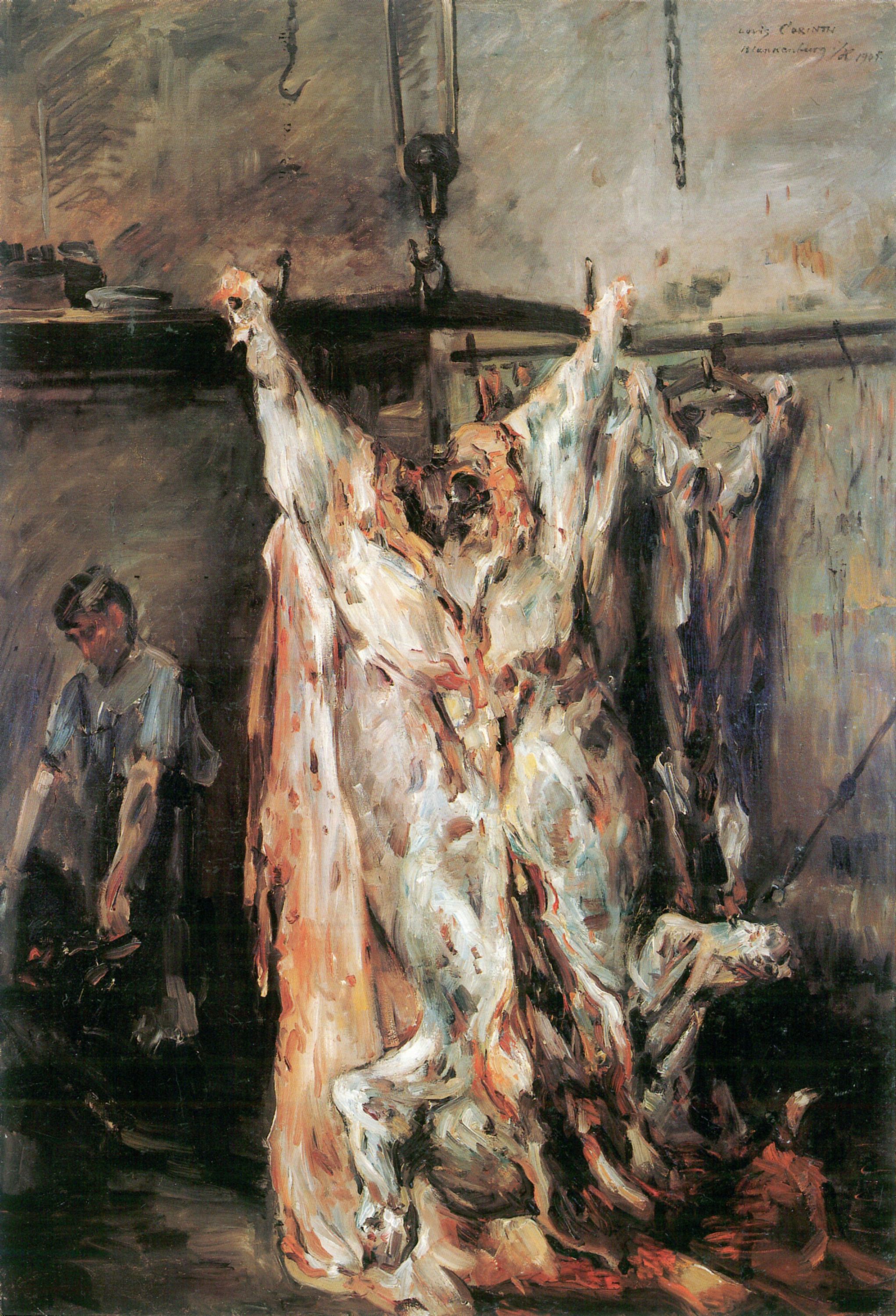|
Jānis Jaunsudrabiņš
Jānis Jaunsudrabiņš (25 August 1877 in Nereta – 25 August 1962 in Körbecke) was a Latvian writer and painter and one of the most popular authors of the first Republic of Latvia between the two world wars. Biography Between 1886–1892 he attended school in Nereta. Thereafter from 1892 until 1893 Jānis went to Panemunis in a russian school. He studied at the Vecsaté Agricultural School from 1895 to 1897. In 1896 he published the first short story, "Winter Night", in the Latvian Aviation Newspaper. From 1898 on he worked as an agricultural specialist in Remte, but was attracted to art later. From 1899 to 1903 he studied at Blum School of Painting in Riga, Latvia. In 1905 he had three months of training in Munich, Germany. Three years after he lived and studied art with his family for one year in Berlin, with his teacher Lovis Corinth. Thereafter he returned and lived in Milgravis from 1913. From 1915 to 1918 he lived in the Caucasus. On his return he engaged in paintin ... [...More Info...] [...Related Items...] OR: [Wikipedia] [Google] [Baidu] |
Nereta
Nereta (; ) is a village in Aizkraukle Municipality in the Selonia region of Latvia.[ Nereta] at GeoNames updated 27/07/2014 The village is located 4 km from the border with Lithuania, on the Dienvidsusēja river (a right tributary of the Nemunėlis). Nereta has hosted the annual 3x3 Latvian heritage summer camp. Nereta had 1,282 residents as of 2006. Nereta the village is surrounded by numerous peat bogs. History Nereta is located in the part of Selonia that was subjugated in the 13th century by the Livonian Order. Nereta was first mentioned in historical sources (as Nirica) in 1298. At the southern border of the Livonian Order :de:Kommende Ascheraden, Aizkraukle Command with the Grand Duchy of Lithuania lands, a fortified Nereta Manor, which belonged to the former Commander of the Order Wilhelm of Eferna after the collapse of the Order, ''von Effern''. During times of Duchy of Courland and Semigallia, the ruined wooden building of the Nereta church was restored in 1570 ... [...More Info...] [...Related Items...] OR: [Wikipedia] [Google] [Baidu] |
Latvian Writers
Latvian may refer to: *Something of, from, or related to Latvia **Latvians, a Baltic ethnic group, native to what is modern-day Latvia and the immediate geographical region **Latvian language, also referred to as Lettish **Latvian cuisine **Latvian culture **Latvian horse *Latvian Gambit, an opening in chess See also *Latvia (other) Latvia is a country in Europe. Latvia can also refer to: * Latvian Soviet Socialist Republic (1940–1990) * Latvia (European Parliament constituency) * 1284 Latvia - asteroid * Latvia Peak - mountain in Tajikistan Tajikistan, officially the ... * {{disambiguation Language and nationality disambiguation pages ... [...More Info...] [...Related Items...] OR: [Wikipedia] [Google] [Baidu] |
1962 Deaths
The year saw the Cuban Missile Crisis, which is often considered the closest the world came to a Nuclear warfare, nuclear confrontation during the Cold War. Events January * January 1 – Samoa, Western Samoa becomes independent from New Zealand. * January 3 – The office of Pope John XXIII announces the excommunication of Fidel Castro for preaching communism and interfering with Catholic churches in Cuba. * January 8 – Harmelen train disaster: 93 die in the worst Netherlands, Dutch rail disaster. * January 9 – Cuba and the Soviet Union sign a trade pact. * January 12 – The Indonesian Army confirms that it has begun operations in West Irian. * January 13 – People's Socialist Republic of Albania, Albania allies itself with the People's Republic of China. * January 15 ** Portugal abandons the United Nations General Assembly due to the debate over Angola. ** French designer Yves Saint Laurent (designer), Yves Saint Laurent launches Yves Saint Lau ... [...More Info...] [...Related Items...] OR: [Wikipedia] [Google] [Baidu] |
1877 Births
Events January * January 1 – Queen Victoria is proclaimed Empress of India by the Royal Titles Act 1876, introduced by Benjamin Disraeli, the Prime Minister of the United Kingdom . * January 8 – Great Sioux War of 1876: Battle of Wolf Mountain – Crazy Horse and his warriors fight their last battle with the United States Cavalry in Montana. * January 20 – The Conference of Constantinople ends, with Ottoman Turkey rejecting proposals of internal reform and Balkan provisions. * January 29 – The Satsuma Rebellion, a revolt of disaffected samurai in Japan, breaks out against the new imperial government; it lasts until September, when it is crushed by a professionally led army of draftees. February * February 17 – Major General Charles George Gordon of the British Army is appointed Governor-General of the Sudan. March * March 2 – Compromise of 1877: The 1876 United States presidential election is resolved with the selection of Ru ... [...More Info...] [...Related Items...] OR: [Wikipedia] [Google] [Baidu] |
Gabrielius Landsbergis-Žemkalnis
Gabrielius Landsbergis-Žemkalnis (1852–1916) was a Lithuanian playwright and activists of the early Lithuanian amateur theater. Born to an old noble family, Landsbergis attended Šiauliai Gymnasium where his friend Petras Vileišis encouraged him to speak Lithuanian and support the Lithuanian National Revival. After finishing a telegraph school in Riga in 1871, he worked at the telegraph offices in Moscow and Crimea. He returned to Lithuania in 1884 and joined the Lithuanian cultural life. He contributed articles to the illegal Lithuanian periodicals ''Varpas'' and ''Ūkininkas'' and his house was a gathering place of many Lithuanian intellectuals. Due to these activities, he was forced to leave Lithuania in 1894 but continued to maintain contacts with Lithuanian activists. He was arrested and imprisoned for ten weeks in 1900 and sentenced to two years of exile in Smolensk in 1902. He returned in 1904 and became administrator of ''Vilniaus žinios'', the first legal Lithuania ... [...More Info...] [...Related Items...] OR: [Wikipedia] [Google] [Baidu] |
Kristijonas Donelaitis
Kristijonas Donelaitis (; 1 January 1714 – 18 February 1780) was a Prussian Lithuanian poet and Lutheran pastor. He lived and worked in Lithuania Minor, a territory in the Kingdom of Prussia, that had a sizable Lithuanian-speaking minority. He wrote the first classic Lithuanian language poem, '' The Seasons'' (), which became one of the principal works of Lithuanian poetry. The poem, a classic work of Lithuanian literature, depicts everyday life of Lithuanian peasants, their struggle with serfdom, and the annual cycle of life. Biography Early life Donelaitis was born at Lasdinehlen estate (now Gusevsky District) near Gumbinnen, Prussia. His parents were free peasants who owned the land that they cultivated. His father died in 1720, leaving seven children (four sons and three daughters). One of his three brothers, Friedrich, became a goldsmith in Königsberg. Another brother, Michael, inherited the father's farm. His third brother, Adam, became a blacksmith and innkeeper. ... [...More Info...] [...Related Items...] OR: [Wikipedia] [Google] [Baidu] |
Lithuanian Language
Lithuanian (, ) is an East Baltic languages, East Baltic language belonging to the Baltic languages, Baltic branch of the Indo-European language family. It is the language of Lithuanians and the official language of Lithuania as well as one of the official languages of the European Union. There are approximately 2.8 million native Lithuanian speakers in Lithuania and about 1 million speakers elsewhere. Around half a million inhabitants of Lithuania of non-Lithuanian background speak Lithuanian daily as a second language. Lithuanian is closely related to neighbouring Latvian language, Latvian, though the two languages are not mutually intelligible. It is written in a Latin script. In some respects, some linguists consider it to be the most conservative (language), conservative of the existing Indo-European languages, retaining features of the Proto-Indo-European language that had disappeared through development from other descendant languages. History Among Indo-European languag ... [...More Info...] [...Related Items...] OR: [Wikipedia] [Google] [Baidu] |
Mikalojus Konstantinas Čiurlionis
Mikalojus Konstantinas Čiurlionis (; – ) was a Lithuanian composer, painter, choirmaster, cultural figure, and writer in Polish. Čiurlionis contributed to symbolism and Art Nouveau, and was representative of the fin de siècle epoch. He has been considered one of the pioneers of abstract art in Europe. During his short life, he composed about 400 pieces of music and created about 300 paintings, as well as many literary works and poems. The majority of his paintings are housed in the M. K. Čiurlionis National Art Museum in Kaunas, Lithuania. His works have had a profound influence on modern Lithuanian culture. Biography Childhood and early music studies Mikalojus Konstantinas Čiurlionis was born in Senoji Varėna, a town in southeastern Lithuania which at the time was part of the Russian Empire. His mother Adelė née Radmanaitė (Radmann) (1854-1919) was descended from a Lutheran family of Bavarian origin, born in Vileikiai village ( Lazdijai region). His father ... [...More Info...] [...Related Items...] OR: [Wikipedia] [Google] [Baidu] |
Caucasus
The Caucasus () or Caucasia (), is a region spanning Eastern Europe and Western Asia. It is situated between the Black Sea and the Caspian Sea, comprising parts of Southern Russia, Georgia, Armenia, and Azerbaijan. The Caucasus Mountains, including the Greater Caucasus range, have conventionally been considered as a natural barrier between Europe and Asia, bisecting the Eurasian landmass. Mount Elbrus, Europe's highest mountain, is situated in the Western Caucasus area of Russia. On the southern side, the Lesser Caucasus includes the Javakheti Plateau and the Armenian highlands. The Caucasus is divided into the North Caucasus and South Caucasus, although the Western Caucasus also exists as a distinct geographic space within the North Caucasus. The Greater Caucasus mountain range in the north is mostly shared by Russia and Georgia as well as the northernmost parts of Azerbaijan. The Lesser Caucasus mountain range in the south is mostly located on the territory of sout ... [...More Info...] [...Related Items...] OR: [Wikipedia] [Google] [Baidu] |
Lovis Corinth
Lovis Corinth (21 July 1858 – 17 July 1925) was a German artist and writer whose mature work as a painter and printmaker realized a synthesis of impressionism and expressionism. Corinth studied in Paris and Munich, joined the Berlin Secession group, later succeeding Max Liebermann as the group's president. His early work was naturalistic in approach. Corinth was initially antagonistic towards the expressionist movement, but after a stroke in 1911 his style loosened and took on many expressionistic qualities. His use of color became more vibrant, and he created portraits and landscapes of extraordinary vitality and power. Corinth's subject matter also included nudes and biblical scenes. Early life Corinth was born Franz Heinrich Louis on 21 July 1858 in Tapiau, in the Province of Prussia in the Kingdom of Prussia. The son of a tanner, he displayed a talent for drawing as a child. In 1876 he went to study painting in the academy of Königsberg. Initially intending to become a ... [...More Info...] [...Related Items...] OR: [Wikipedia] [Google] [Baidu] |





